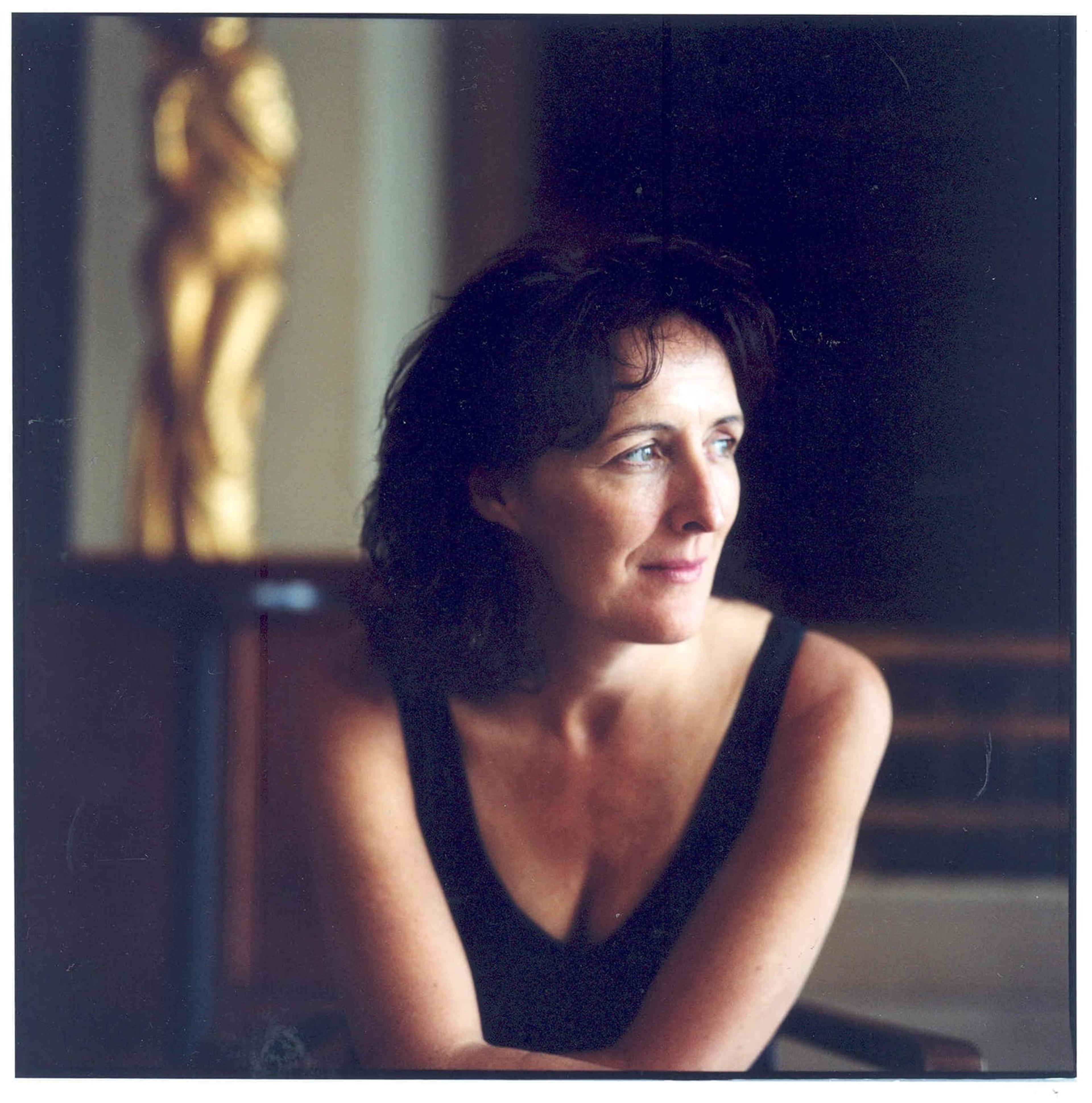FionaShaw


Press
Massenet Cendrillon
Glyndebourne on TourOct 2018For its first production of Massenet’s Cendrillon, Glyndebourne has enlisted Fiona Shaw. And what a shrewd move that proves to be: the director turns this fin-de-siècle confection into a complex modern-day fairytale and a story of psychological transformation. Yet if that sounds rather worthy, this production is anything but. It’s spun from magic and dreams, and shaped by enchantment and imagination...If at times the sheer wealth of invention on stage, with lusty chorus, tumbling dancers and varied lighting, overwhelms, it’s always an intoxicating riot. This production comes to the summer festival next year. Put your wishes in with the ticket fairy as soon as you can.
- Rebecca Franks, The Times
- 16 October 2018
Fiona Shaw’s direction gracefully explores the story’s psychological resonances – the power of the imagination to shape our identity, the gap between childhood fantasies and adult realities, the way that our objects of desire reflect ourselves. The fluid nature of gender becomes central. You may feel you’ve heard enough about this phenomenon lately, but given Massenet’s insistence that the prince should be sung by a woman en travestie, it is surely justifiable to suggest that Cendrillon may be looking for love with someone of her own sex – a possibility that Shaw presents with refreshing ease, warmth and good humour.
- Rupert Christiansen, The Telegraph
- 14 October 2018
Shaw’s response is to stage the opera as a surreal, modern-dress phantasmagoria, much of which takes place in the mind of Alix Le Saux’s Cendrillon as she dreams by the fire. Caroline Wettergreen’s Fairy is an idealised memory of her dead mother, returning to protect her from her self-regarding stepmother, Madame de la Haltière (Agnes Zwierko) and her two ghastly daughters (Eduarda Melo and Kezia Bienek). The magical apparatus is genuinely entrancing...The ubiquitous image of a butterfly prefigures Cendrillon’s eventual release from drudgery, and the dances at the ball accompany a game of hunt the slipper. Massenet’s decision to cast a mezzo as the opera’s hero, meanwhile, allows Shaw to suggest elements of gender fluidity in the relationship between Cendrillon and Eléonore Pancrazi’s Prince, who literally wears a heart on his/her sleeve, before surrendering it in their big duet.
- Tim Ashley, The Guardian
- 15 October 2018
Imaginative direction from Fiona Shaw even manages to avoid the tedium of the long ballet sequences in Massenet’s score by introducing some excellently humorous touches into the dancing in collaboration with choreographer Sarah Fahie.
- William Hartston, Express
- 18 October 2018
Cendrillon is a Glyndebourne Success and a Revelation in Repertoire...Fiona Shaw’s awesomely fertile imagination comes into play (what range: remember her as Deborah Warner’s Medea, with her feet in a pond?) Shaw’s achievement, for me, was not only the scintillating work she had clearly poured into Dazeley – and her focus on him at unexpected moments (or part-unexpected, for he has a couple of breathtakingly moving solos – but in the way she kept us surprised, and at best, on tenterhooks...A Glyndebourne success? You bet. A revelation in repertoire, proving that Gus Christie’s willingness to take some risks is a huge asset? You bet too! I won’t listen to anyone hereafter who tells me that Massenet’s 36-odd operas are boring or old-hat or unoriginal. He was a star, and Shaw’s Glyndebourne Tour team are stars for giving it to us full-frontal.
- Roderic Dunnett, Seen and Heard
- 16 October 2018
Britten The Rape of Lucretia
Glyndebourne Festival OperaJul 2015This was one of those all too rare occasions when a great work of art came into conjunction with a piercingly intelligent, immaculately realised staging and superb singing, acting and playing to produce a performance of enthralling emotional power and physical beauty – opera, one might say, for grown-ups... Fiona Shaw’s supremely nuanced direction explores the moral implications of rape in sharp contrast to the shallow, gang-bang sensationalism of the Royal Opera’s scandalous Guillaume Tell. Here the focus is on complexities of feeling and motive rather than brutal violation, filtered through the Male and Female Chorus, two figures envisaged as a married couple of the post-war era, grappling with existential problems of evil and despair as well as questions of marital fidelity and male aggression.
- Rupert Christiansen, The Telegraph
- 06 July 2015
Fiona Shaw's production is clear-sighted and non-sensational...Shaw’s vision of the complexity of Britten’s characters and their interactions widens and deepens the scope of the opera, while her intense psychological probing rescues the piece from any danger of descending into a tract or morality play; she also underlines the opera’s close connection to the composer’s creative obsession with the destruction of innocence.
- George Hall, The Guardian
- 07 July 2015
When is a rape not a rape? It’s an unsettling question — far more so than anything offered up by the current headline-grabbing William Tell at the Royal Opera House — and one that lies beneath the meticulous dramatic archaeology of Fiona Shaw’s The Rape of Lucretia. Unlike William Tell, however, there seems little chance of this attack starting riots. Where the director of Tell asserts, Shaw interrogates — a delicate, insistent questioning that probes further and more intrusively, a violation of ideological rather than physical absolutes.
- Alexandra Coghlan, The Spectator
- 11 July 2015
Mozart The Marriage of Figaro
English National OperaOct 2011Humane, intelligent and buzzing with energy, Fiona Shaw’s new production of Mozart’s comedy – perhaps his greatest and certainly his most lovable opera – has much to recommend it.
- Rupert Christiansen, The Telegraph
- 06 October 2011
Fiona Shaw's direction brings out the pace and pathos of Mozart and Da Ponte's masterly collaboration.
- Colin Anderson, The Opera Critic
- 10 October 2011